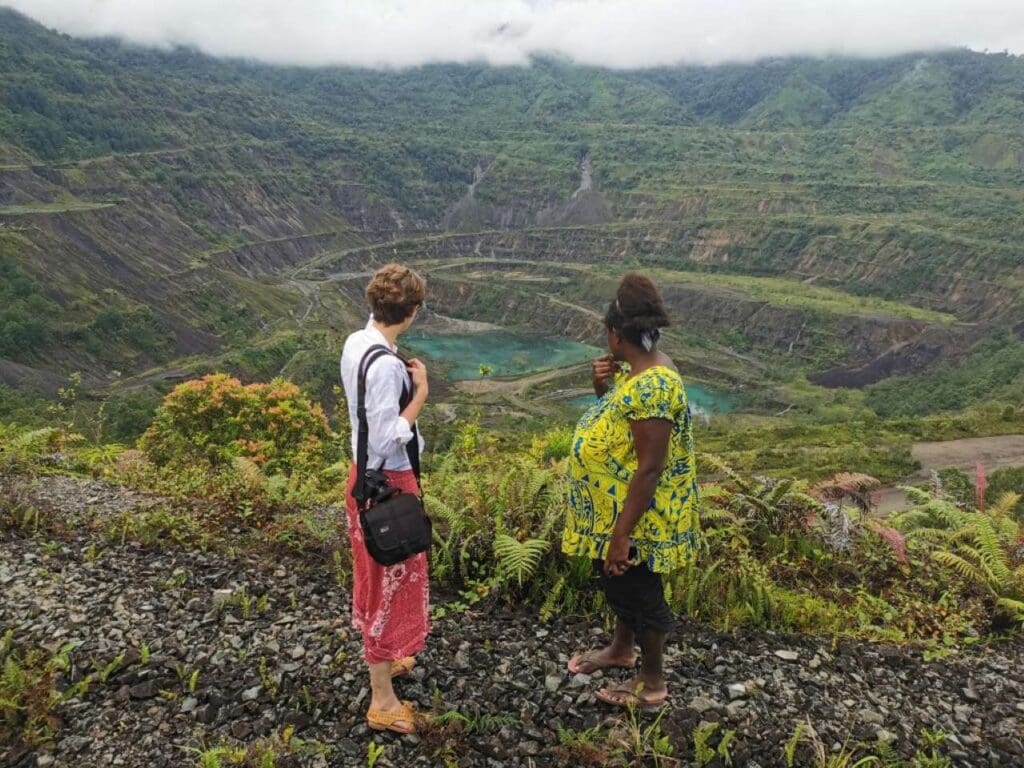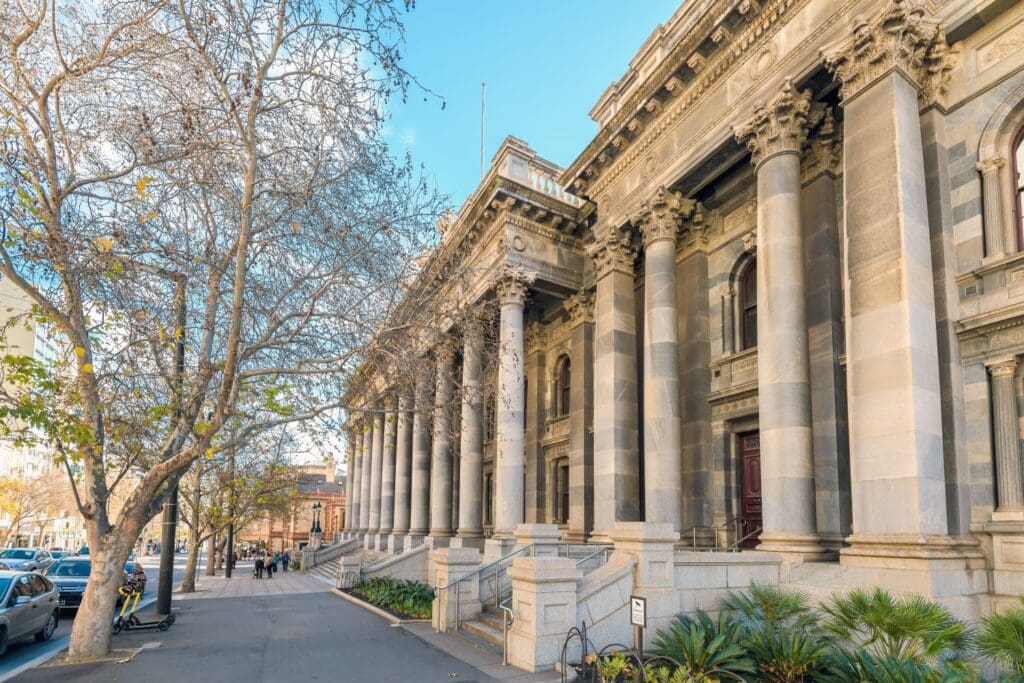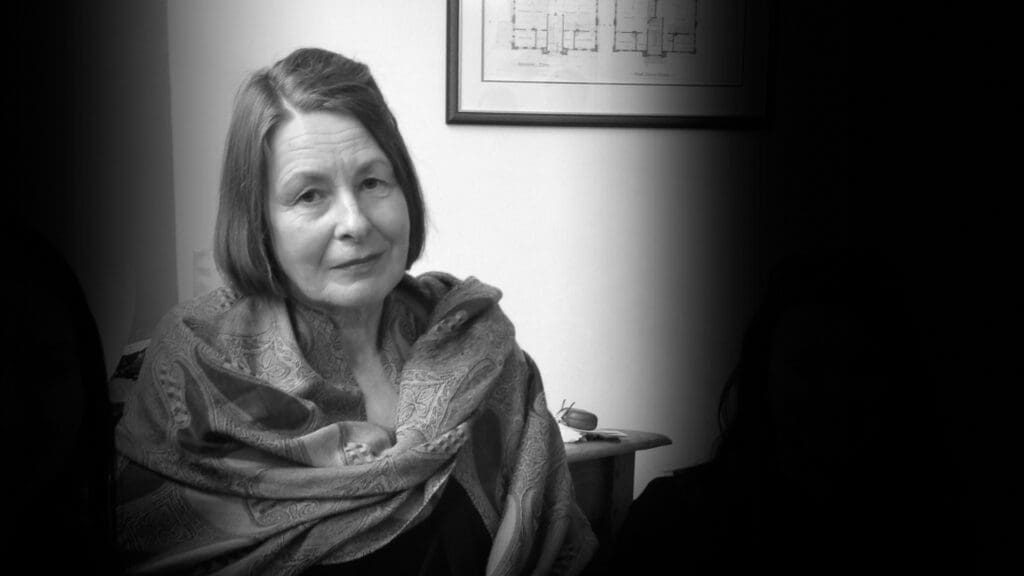Home quarantine should be used for people coming home to NSW and Victoria
The Human Rights Law Centre is calling for the immediate introduction of home quarantine programs in NSW and Victoria for people coming from overseas.
In a submission made to the Second National Review of Quarantine Arrangements, the Centre also warned of the need for proper safeguards around the use of facial recognition technology in quarantine programs.
The submission argues that the current outbreaks in NSW and Victoria mean that mandatory hotel quarantine detention can no longer be justified, and recommends that all Australian governments abandon the existing blanket approach and instead adopt a risk-based approach to quarantine that calibrates the quarantine response to the level of risk.
Responses should take into account community transmission in the relevant Australian jurisdiction and transmission rates in the country of departure.
Hugh de Kretser, Executive Director at the Human Rights Law Centre said:
“The hotel quarantine program has played an important role in protecting public health in Australia over the past 18 months. But it’s blanket use cannot be justified in NSW and Victoria.
“It simply makes no sense to mandatorily detain low-risk, vaccinated people for two weeks in a hotel without fresh air and exercise, when thousands of people with COVID-19 are allowed to isolate at home across Victoria and NSW.
“We welcome recent announcements of home quarantine pilots for people arriving from overseas in South Australia and NSW. These should be expanded as a priority in NSW and Victoria.
“Detention in a hotel room for two weeks without fresh air and exercise poses significant welfare challenges, particularly for people with mental and physical health conditions, the elderly, children, survivors of family violence and people with disability. Allowing home quarantine will improve people’s welfare.
“Australians are closely connected with loved ones overseas. Almost half of us have a parent born overseas. Moving to home quarantine will help to remove barriers for thousands of Australians stranded overseas. It will help people to reunite with families and loved ones.
“Facial recognition technology carries significant human rights and privacy risks. There needs to be proper safeguards and transparency around its use in home quarantine. There must be a clear ban on any of the data collected being used for any other purpose beyond public health compliance.”
In its submission, the Human Rights Law Centre notes that:
-
Quarantine detention is a key part of the system which is preventing Australians stranded overseas from returning home
-
The current arrival limits for people coming from overseas are at their lowest since the pandemic began 18 months ago
-
Detention for two weeks in a hotel room without fresh air and exercise creates significant welfare challenges, especially for people with mental and physical health conditions, the elderly, children, survivors of family violence and people with disability
-
Allowing home quarantine will reduce welfare risks and allow more stranded Australians to come home and reunite with loved ones
-
There are currently around 20,000 people with COVID-19 in NSW and Victoria, and tens of thousands more close contacts, who are quarantining at home. Yet people arriving from overseas, who are fully vaccinated and have returned negative tests, and who are very unlikely to have COVID-19, must be detained in a hotel for two weeks and charged $3,000
The Human Rights Law Centre recommends that governments continue to review the best available medical evidence around risk and adjust quarantine programs to take into account any new risks, such as the emergence of new COVID-19 strains.
Read the Human Rights Law Centre’s submission here.
Media contact:
Evan Schuurman, Media and Communications Manager, 0406 117 937, evan.schuurman@hrlc.org.au
Media Enquiries
Chandi Bates
Media and Communications Manager

Rio Tinto to face scrutiny at AGM for response to Panguna mine disaster
As shareholders meet in Perth today for Rio Tinto’s AGM, communities living with the ongoing devastation from Rio Tinto’s former Panguna mine are calling for the company to urgently commit to funding long-term solutions.
Read more
Malinauskas Government must take historic opportunity and adopt Human Rights Act after inquiry recommendation
The Human Rights Law Centre has congratulated the South Australian parliamentary inquiry recommendation for a South Australian Human Rights Act.
Read more
Legal challenge filed against Tasmanian Parole Board’s decision to gag free speech
The Human Rights Law Centre has filed legal proceedings on behalf of Tasmanian grandmother, Susan Neill-Fraser, to challenge a restrictive parole condition placed on her by the Tasmanian Parole Board seeking to limit her ability to speak to the media.
Read more


